Google Pixel 8 vs. Pixel 7a: Biggest differences to expect
The gap between Google's flagship and its budget phone should grow
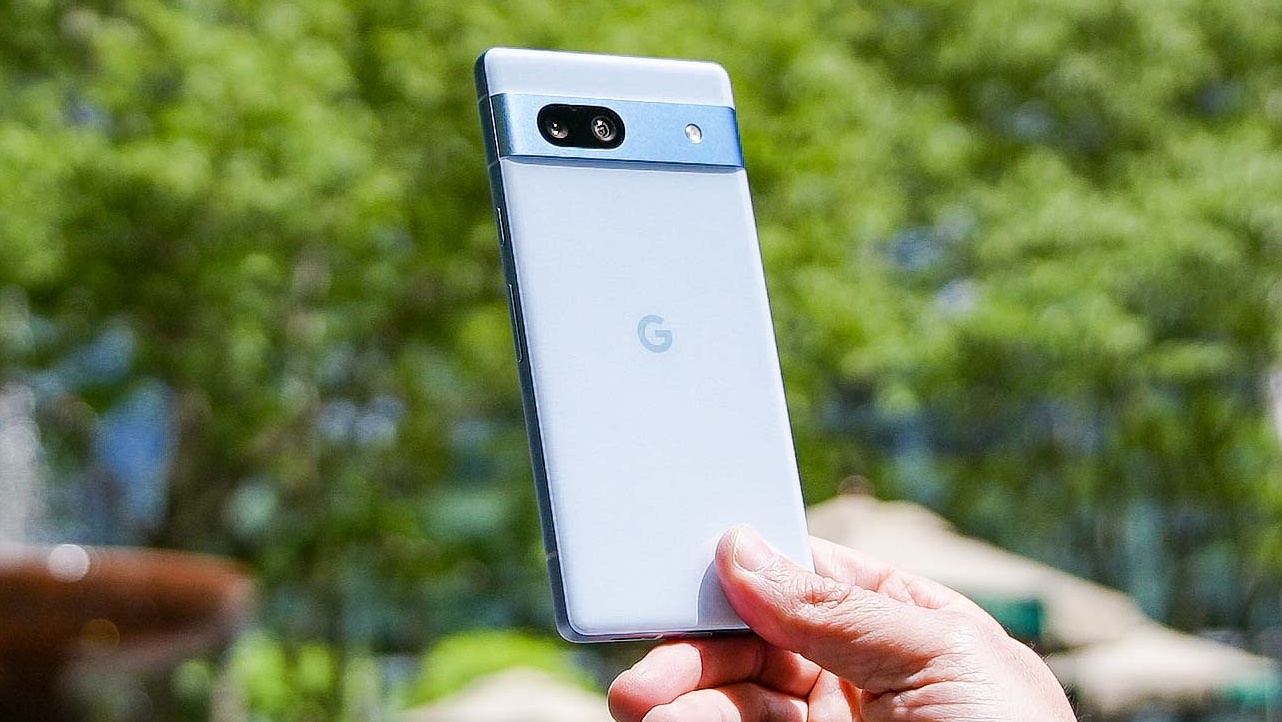
Google's upcoming flagship phone release at its October 4 Made by Google event figures to upend the debate on whether to get the company's flagship phone or save a few bucks by opting for its budget-friendly midrange model. In fact, a Pixel 8 vs. Pixel 7a comparison figures to be one of the most interesting debates to come in the aftermath of Google's phone launch.
Released earlier this summer, the Pixel 7a is one of our favorite cheap phones under $500. But it also happened to be so close to the flagship Pixel 7 in both features and price that it made more sense to opt for the "lesser" Pixel 7a than the "more advanced" flagship. Afer all, the Pixel 7a ran on the same chipset as the Pixel 7 and its cameras can hold their own against much more expensive devices.
Based on rumors, the gap between Google's flagship phone and its budget device should widen with the Pixel 8. We're expecting to see a new version of the Google-designed Tensor chipset inside the Pixel 8, and that likely means new AI-powered features for Google's phones. But other rumors hint at improvements to the main camera sensor and display that could make the Pixel 8 a more compelling option than its lower-cost sibling.
Here's how the Google Pixel 8 vs. Pixel 7a comparison is shaping up based on what we know about the upcoming flagship ahead of its October event launch.
Google Pixel 8 vs. Pixel 7a specs
| Google Pixel 8 (rumored) | Google Pixel 7a | |
| Starting price | $699 | $499 |
| Screen size | 6.2 inches | 6.1 inches |
| Refresh rate | 120Hz | 90Hz |
| CPU | Tensor G3 | Tensor G2 |
| RAM | 8GB | 8GB |
| Storage | 128GB, 256GB | 128GB |
| Rear cameras | 50MP wide, 12MP ultrawide | 64MP wide, 13MP ultrawide |
| Front camera | 12MP | 13MP |
| Size | 5.9 x 2.8 x 0.35 inches | 6 x 2.8 x 0.4 inche6 x 2.8 x 0.4 inche |
| Colors | Jade, Peony, Hazel, Liquorice | Charcoal, Sea, Snow |
Google Pixel 8 vs. Pixel 7a price and availability
The Pixel 7a arrived earlier this year with a starting price of $499, a $50 price bump from its predecessor. Nevertheless, that still made the Pixel 7a $100 cheaper than the starting price of the Pixel 7, and given the lack of significant Pixel 7a vs. Pixel 7 differences, the lower-cost 7a seemed like a better value than last year's Google flagship.
Like the Pixel 7a, the Pixel 8 could see a price hike over its predecessor, with some sources reporting that the new phone will debut a $699. That would widen the gap between the Pixel 8 and Pixel 7a to $200, making the choice between the two phones a lot more difficult — especially if the Pixel 8 can deliver upgrades that justify the higher price.
Google has already confirmed via teaser videos that the Pixel 8 will debut at the October 4 Made by Google event. A rumored Pixel 8 preorder deal would give you a free pair of Pixel Buds Pro wireless earbuds when you order the phone via Google, though full Pixel 8 preorder details will have to wait until after the October 4 launch event. You can already search for the best price on the Pixel 7a via the many Pixel 7a deals currently available.
Google Pixel 8 vs. Pixel 7a design and display
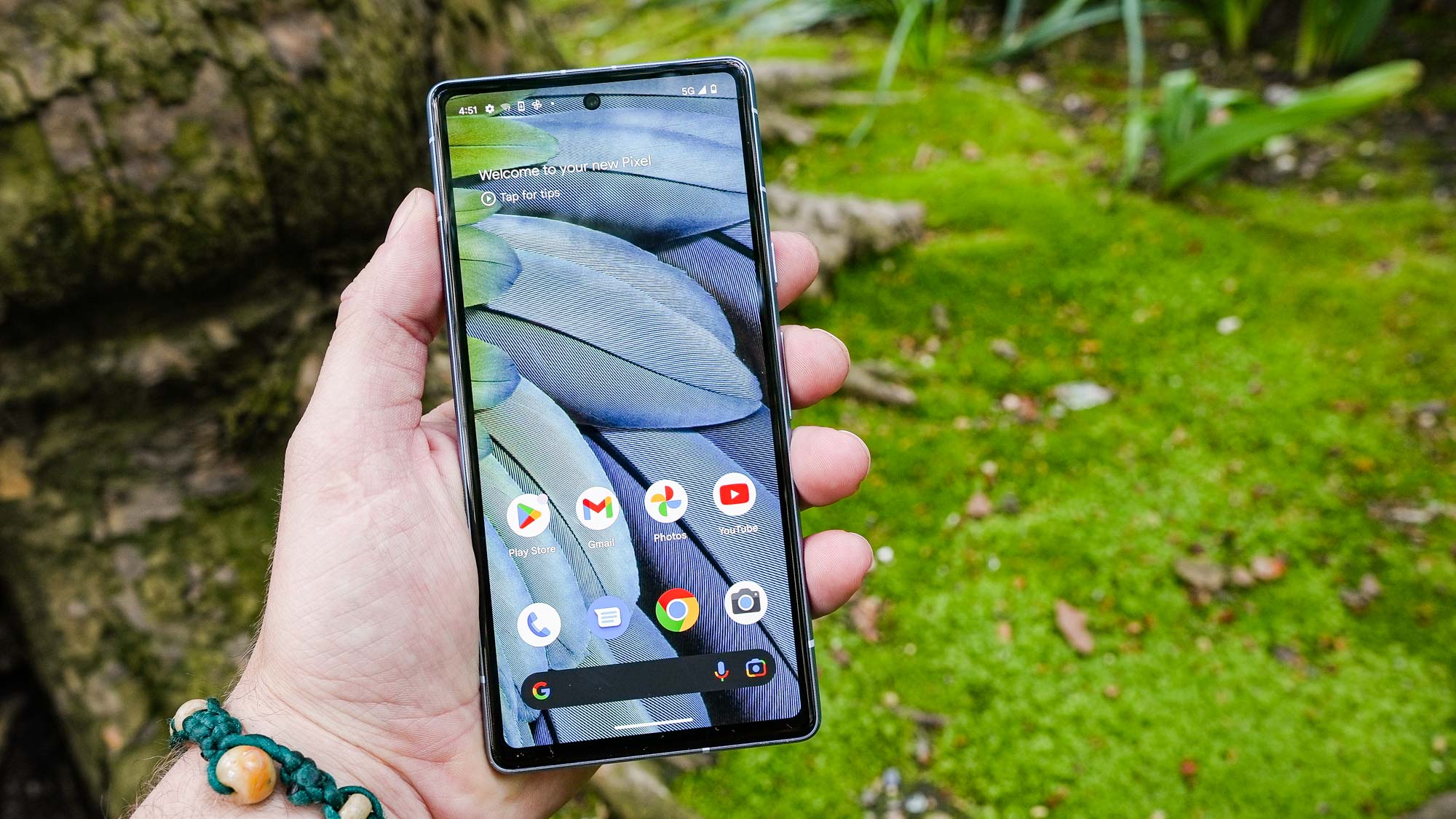
One gap between the Pixel 8 and Pixel 7a that's expected to narrow is the size of the screen on Google's flagship. While the Pixel 7 features a 6.3-inch panel, reports suggest the Pixel 8 will go with a more compact 6.2-inch display. That's not much larger than the 6.1-inch screen adorning the Pixel 7a.
However, the display between the two phones could have two significant differences. For starters, the Pixel 8 is expected to get a faster 120Hz refresh rate, distinguishing itself from the 90Hz refresh rate Google added to the Pixel 7a. That had been the same refresh rate featured on the Pixel 7, so if this rumor pans out, it would suggest that Google wants to draw more of a line between its flagship phone and its midrange offering.
A late-breaking rumor also suggests that the Pixel 8 will feature an "Actuna" display meant to bolster the screen's brightness. That would certainly be a jump up from the Pixel 7a, which registered a maximum brightness of 931 nits when we tested its screen with a light meter. The Pixel 7 came in at 926 nits.
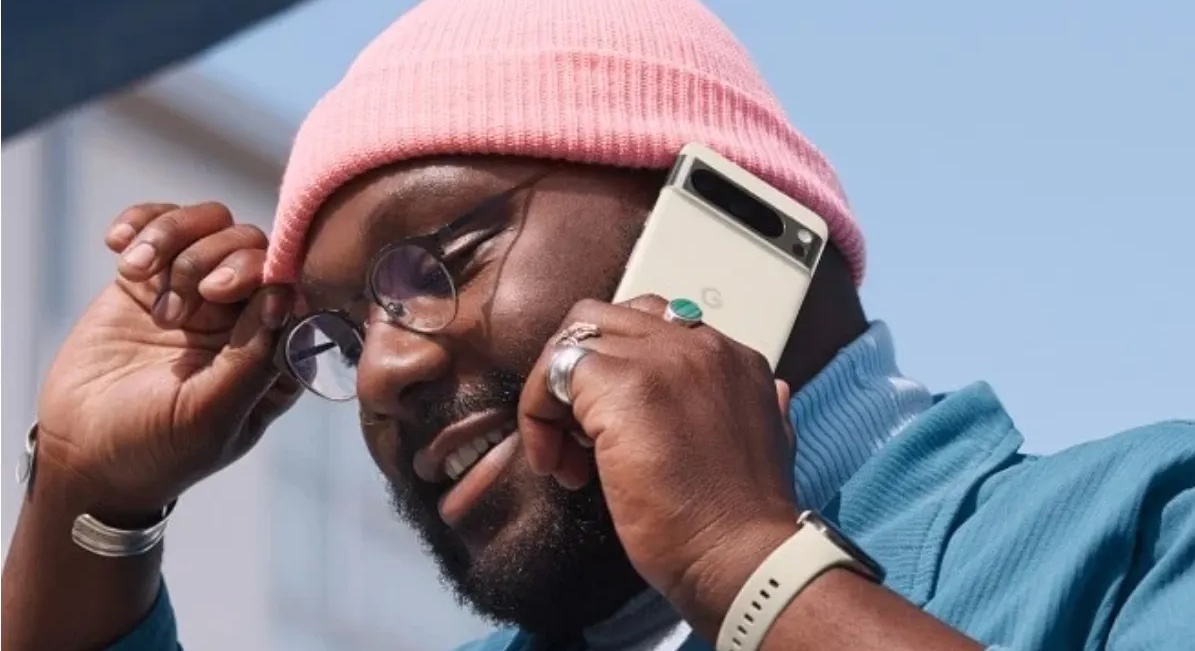
Don't expect a new look for the Pixel 8, which should adopt the design that Google's used for the last several Pixels, the Pixel 7a included. That means a camera bar stretching across the back fo the phone. The Pixel 8 should offer IP68 water resistance, which is a stop up from the IP67 water resistance on the Pixel 7a.
Pixel 8 color rumors tip the new phone to come in Jade, Peony, Haze and Liquorice options. That sounds a lot different from the Charcoal, Snow and Sea colors for the Pixel 7a.
Google Pixel 8 vs. Pixel 7a cameras
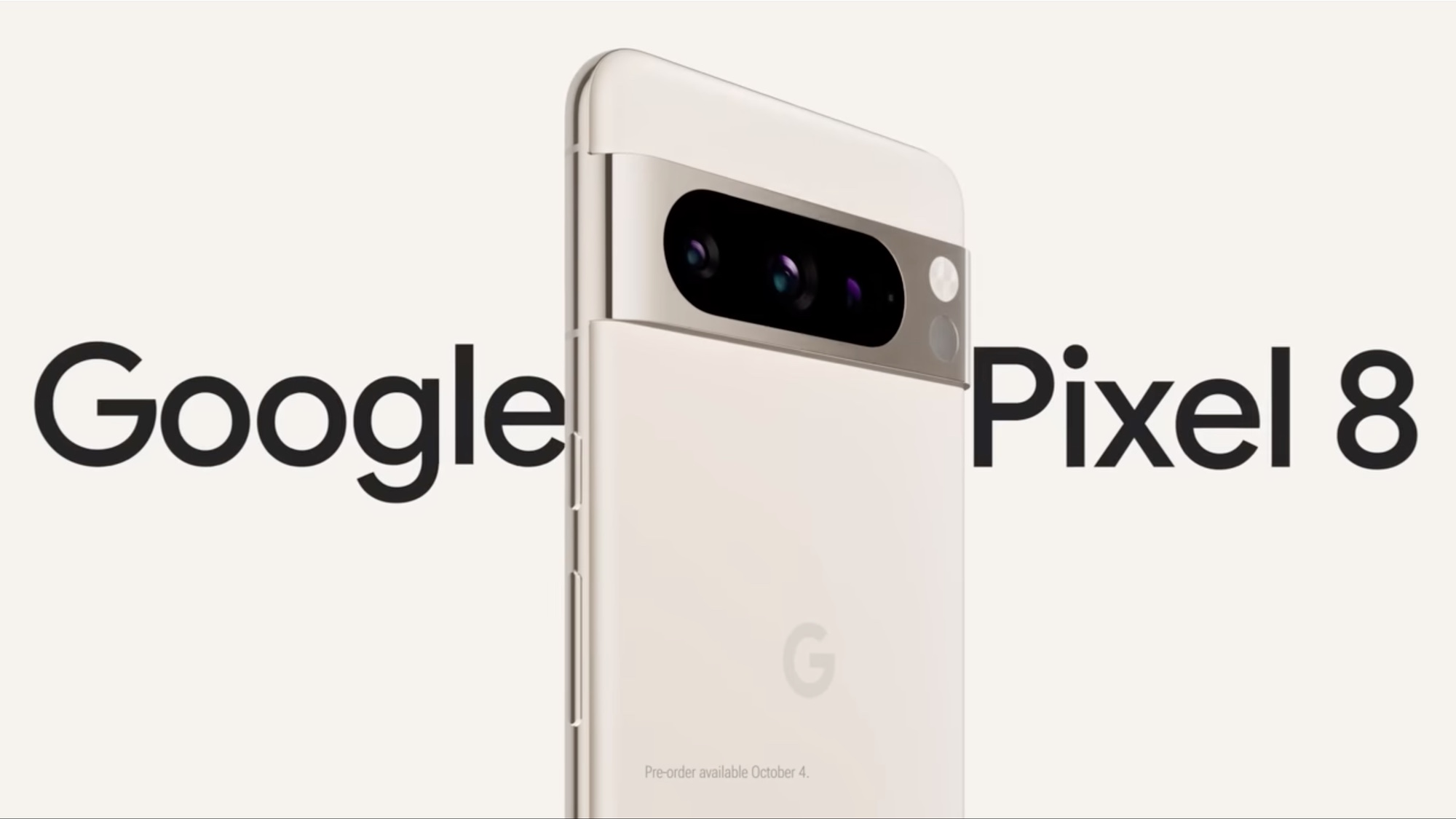
The Pixel 7a boosted its main camera to a 64MP lens, which is a higher resolution than the 50MP main camera on the Pixel 7. Google's not expected to bolster the resolution on the Pixel 8's main camera, though it could increase the physical size of the sensor, a move that would increase the amount of light the camera is able to capture. Likewise, the 12MP ultrawide lens on Google's flagship is expected to remain largely unchanged, though the Pixel 8 is tipped to gain autofocus.
Instead, the big camera improvements on the Pixel 8 could be software-driven ones. Google could introduce staggered HDR with the Pixel 8 series in which the camera captures multiple exposures at the same time instead of one after the other. That switch could reduce the amount of strobing and ghosting effects in your photos. Another possible addition is a Video Unblur feature similar to what Google introduced for photos with the Pixel 7. (The Pixel 7a supports Photo Unblur, incidentally.)
Our Pixel 7a vs. Pixel 7 camera face-off didn't find too many differences in the quality of shots produced by Google's phones. We're interested to see if the rumored computational photography improvements slated for the Pixel 8 make that big of a difference.
Google Pixel 8 vs. Pixel 7a performance and special features
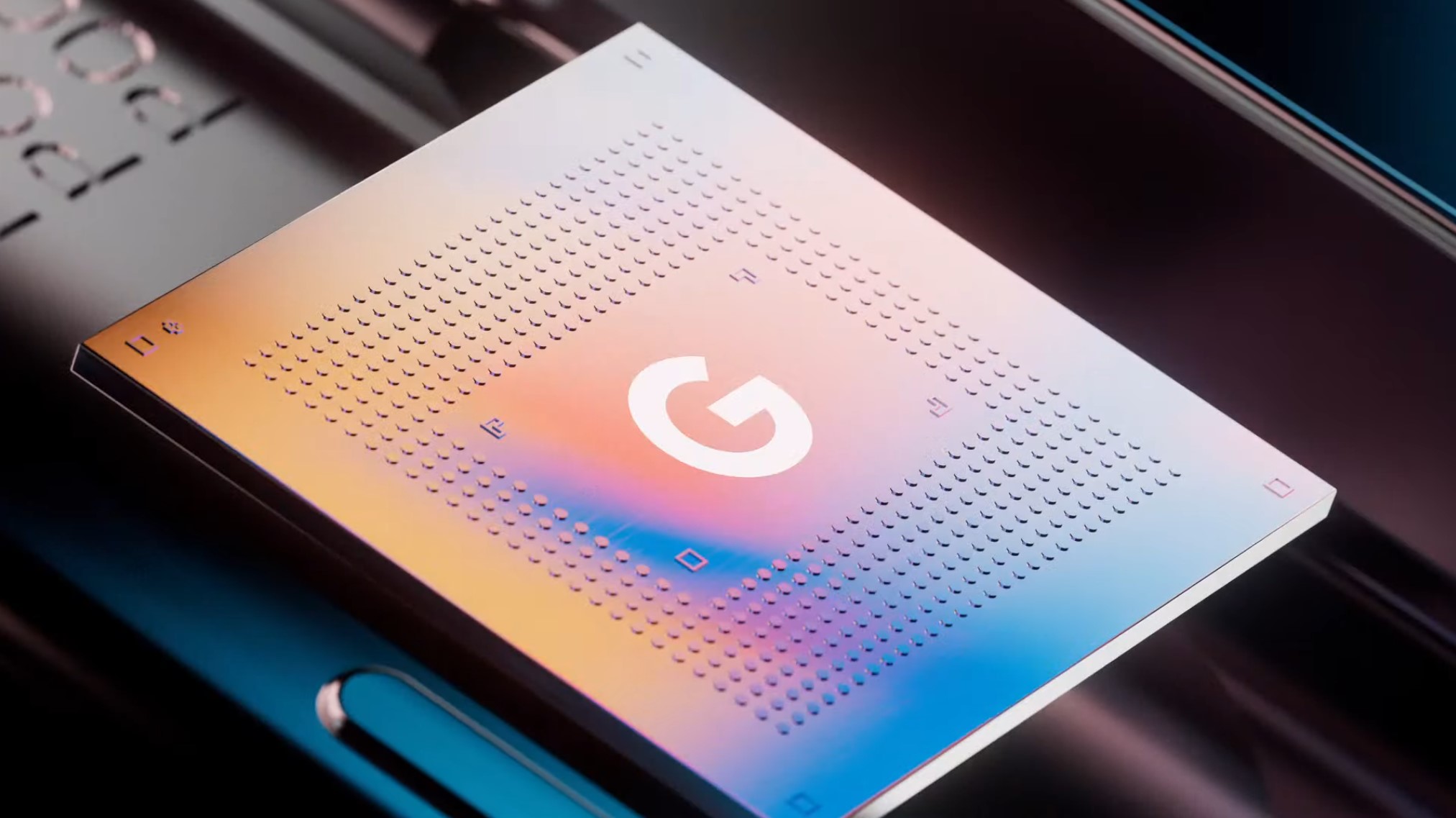
The computational photography changes we mentioned above will likely be powered by the Tensor G3 silicon reportedly being developed for the Pixel 8 lineup. That should mean new capabilities not available to the Tensor G2-powered Pixel 7a, though what those could be, we haven't really heard.
The first two generations of Pixel silicon have put the emphasis on the chipset's Tensor Processing Unit, which handles many of the machine learning processes that makes the Pixel such a unique phone. That's likely continuing with the Tensor G3, but this time around, it's rumored that Google is looking to address the performance gap between its Tensor chips and the top-of-the-line Snapdragon silicon that powers leading Android flagships. One report suggests a change to the Tensor chip's design with performance in mind; if true, it should put some distance between the Pixel 8 and Pixel 7a in terms of performance.
The Pixel 8 should ship with Android 14, though that software update will be immediately available to devices like the Pixel 7a. One promising rumor suggests the Pixel 8 can count on five years of Android OS updates; the Pixel 7a is making do with just three years of software update support plus another two years of security updates.
Google Pixel 8 vs. Pixel 7a battery life and charging
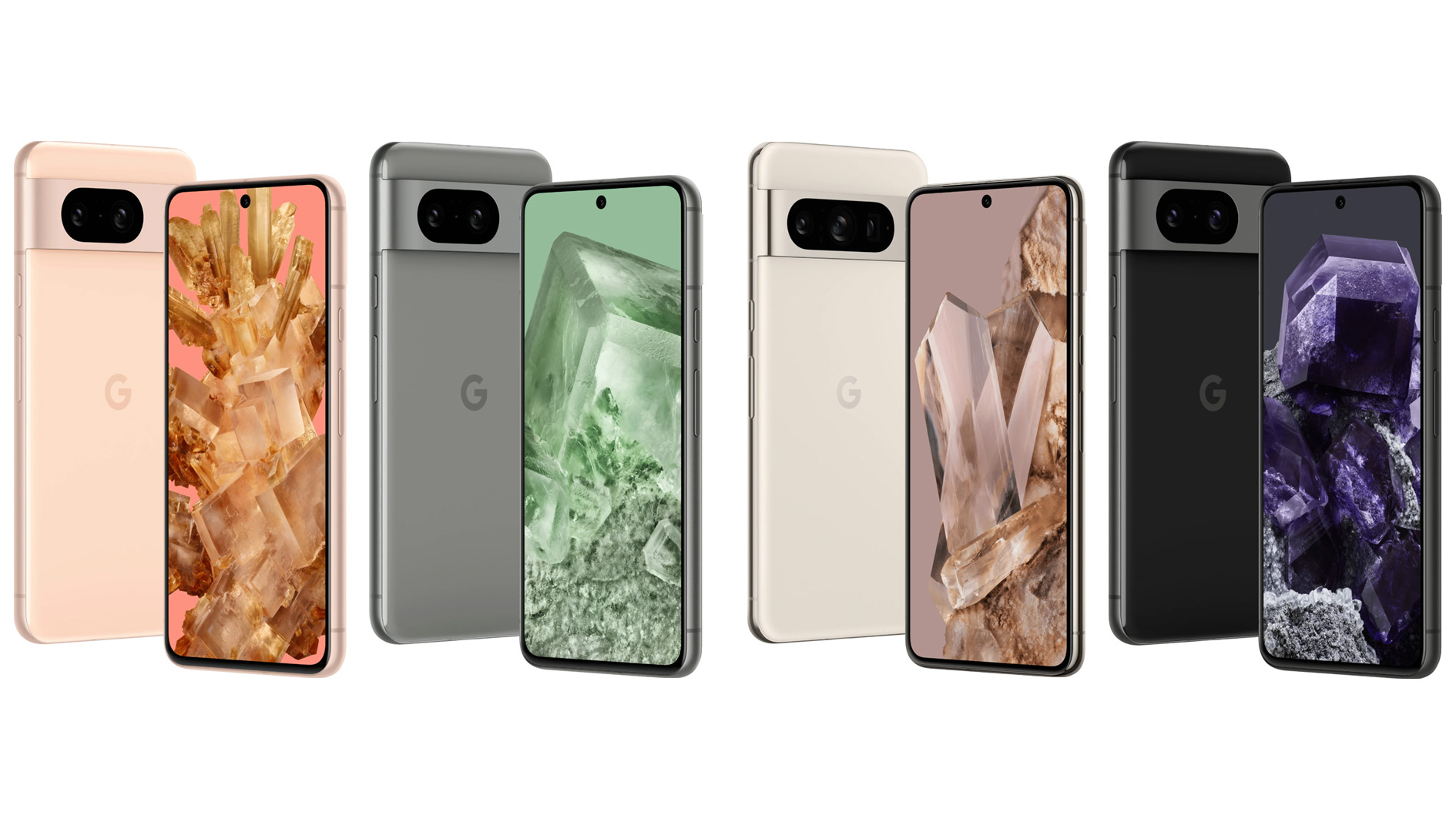
Rumors about the Pixel 8's battery have been few and far between, which is concerning considering how battery life has been a consistent complaint of ours about Google's phones. For example, the Pixel 7 lasted a little more than 7 hours on our batter test, which was more than 1.5 hours behind the average smartphone. For what it's worth, the Pixel 7a managed to inch past the 10-hour mark, finishing ahead of the category average. That suggests Google may have figured out a way to make its phones manage power better.
The Pixel 7 charges at 23W and that's not expected to change with the Pixel 8. It's still faster than the Pixel 7a's 18W wired charging speeds.
Google Pixel 8 vs. Pixel 7a outlook
It's clear the gap between Google's midrange phone and its lower-end flagship has narrowed recently, making devices like the Pixel 7a the more sensible buy. It sounds like the Pixel 8 is going to try to establish itself as a more distinct handset from the 7a, with a higher price tag to match. Whether the Pixel 8 is successful or not will depend on whether the new features can justify that supposedly higher price.
More from Tom's Guide
Sign up to get the BEST of Tom's Guide direct to your inbox.
Get instant access to breaking news, the hottest reviews, great deals and helpful tips.
Philip Michaels is a Managing Editor at Tom's Guide. He's been covering personal technology since 1999 and was in the building when Steve Jobs showed off the iPhone for the first time. He's been evaluating smartphones since that first iPhone debuted in 2007, and he's been following phone carriers and smartphone plans since 2015. He has strong opinions about Apple, the Oakland Athletics, old movies and proper butchery techniques. Follow him at @PhilipMichaels.

